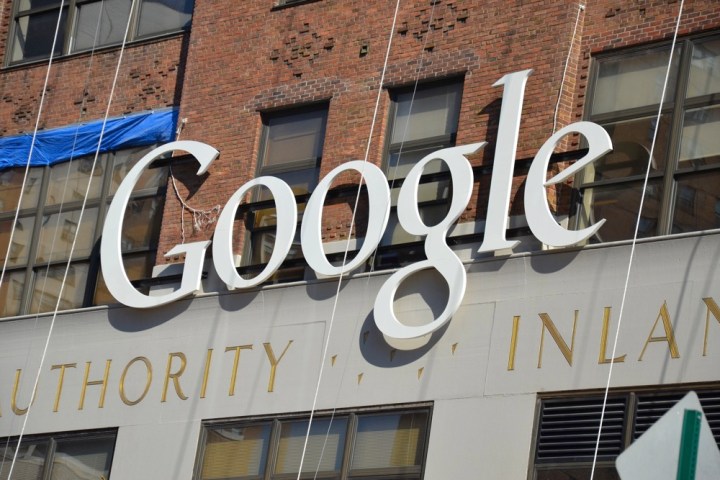
It follows a landmark decision by the FAS into the forced preinstallation of several services on Android, in exchange for access to the Google Play store. Russian search provider Yandex originally filed the complaint after several manufacturers were blocked from preloading the search engine by Google, and said the agreement hurts its business on mobile. The manufacturers were forced to toe the line or use the AOSP (Android Open Source Project), which does not include the Google Play store.
Google has until Nov. 10 to change the way it offers Android in the country. It may also face a 1-15 percent revenue fine from the services where violations occurred.
Google Russia has not commented on the decision.
It is the first time Google has been found guilty in an antitrust case. The decision could put a lot of pressure on the other antitrust case in Europe, especially if the European Commission tags on Android violations to the growing list of markets under investigation.
Breaking up the preinstallation of Google services on Android could harm the company’s market share on mobile.
Google has said in the past it is not worried about the European antitrust investigation, claiming everything it does is aboveboard. That might be true for Google’s search, but Android is a grey area, especially since it is advertised as an “open-source” mobile operating system. When a manufacturer is forced to preinstall Search, Maps, Gmail, Hangouts, Chrome, Drive, YouTube, Play Music, Play Movies, Voice Search, Street View, and Calendar, it doesn’t feel like an open-source platform. It feels like a Google platform with limited options for the manufacturer.
Editors' Recommendations
- A new Google Pixel Tablet is coming, but it’s not what you think
- Android 15 release date: When will my phone get the update?
- Google just released the first Android 15 beta. Here’s what’s new
- This Google Pixel 8a leak just spoiled everything about the phone
- These are the best Android 15 features you need to know about
